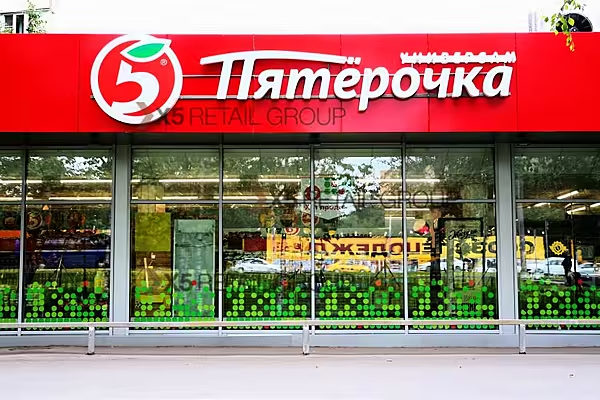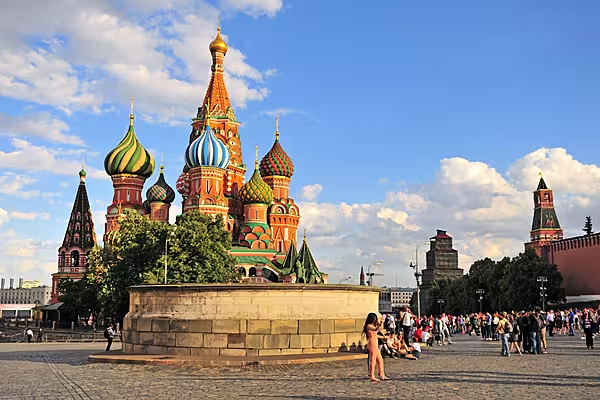Russia's X5 Retail Group is gearing up to compete with burgeoning online players to meet growing demand for convenience foods from time- and price-conscious consumers, Chief Executive Officer Igor Shekhterman has told Reuters.
"We used to compare ourselves with offline players, but we now say that we work in the food market and our competitors not only count traditional players, but also digital companies ... and fast-food restaurants," Shekhterman said.
E-commerce has flourished in Russia over the past decade, prompting brick-and-mortar retailers to invest in online services and delivery. In recent years, grocers have also felt the pinch from thriving online meals ordering companies.
"We see that this need is growing everywhere, it really is a trend: people want to cook less," Shekhterman said.
X5 Retail Group posted a 5.0% increase in like-for-like sales in its second quarter.
Convenience Foods
Even as Russians buy fewer and cheaper items due to falling disposable incomes, consumer's drive towards convenience food is only expected to rise, according to Shekhterman.
To meet this need, X5 opened this year its own ready-to-eat food production facility to cater to the Moscow region and plans to open a similar factory in St Petersburg in 2020-2021.
X5 also continues to expand the product range of its online shop perekrestok.ru and expects it to break even on the EBITDA level in 2021-2022, Shekhterman said.
Most of X5's over 15,000 stores are Pyaterochka low-cost neighbourhood shops, and its second key format are more upscale Perekrestok supermarkets.
Store Openings
X5, which boosted sales 18% last year as it added 2,310 stores on a net basis, is on track to open a net 1,800 stores in 2019, Shekhterman said, adding that 2020 opening numbers were unlikely to be higher.
Competition from digital players has put pressure on food retailers' margins and Sherkhterman expects that the Russian market will gradually see EBITDA margins decline.
Unconventional players have also shown interest in online retail business. Sberbank, Russia's top lender, said this week it had indirectly invested in Instamart, a company that delivers food from grocery shops.
X5 plans to raise capex for IT-projects next year, in order to automate assortment, price and promotions management.
"Clearly, digital players are coming, but we want to catch up with them first in terms of business processes," he said. The company currently spends around 10% of its capex on IT.
Sherkhterman hopes X5's "digital transformation" will result in savings that it can re-invest in keeping prices low.
News by Reuters, edited by ESM. Click subscribe to sign up to ESM: European Supermarket Magazine.














